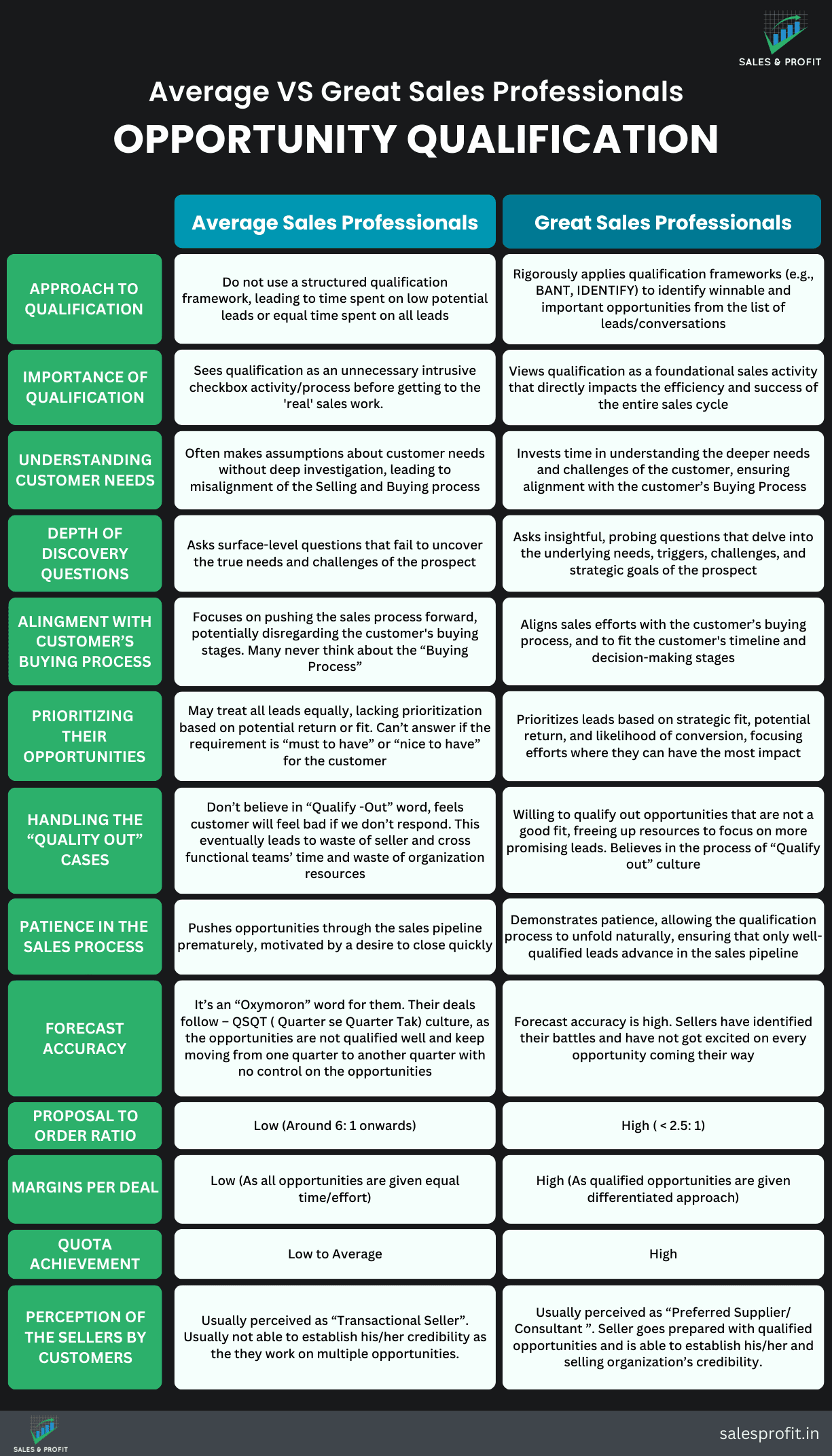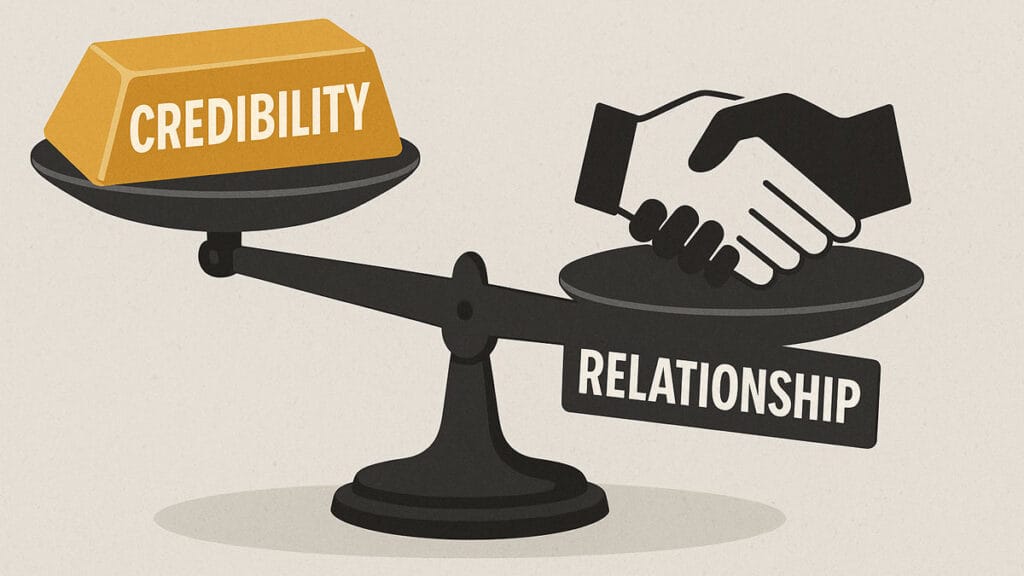In my experience of working with multiple B2B companies, one mistake I always see their sales team make – Wasting time on opportunities that eventually they are going to lose.
Opportunity qualification is something that trips up even experienced sales pros.
And here’s the hard truth:
How you qualify opportunities can make or break your sales success.
Great sales professionals have this figured out.
They know which leads to focus on and which to let go of, saving them time and energy for the deals that actually matter.
A study says that a significant 67% of sales are lost because sales representatives fail to effectively qualify leads5
This article I have tried to share the key differences between Average hardworking sales professionals and great sales professionals while qualifying opportunities.
Average VS Great Sales Professionals While Qualifying Opportunities
Based on my experience I have listed down the different approaches a great sales professional takes while qualifying opportunities compared to an average hard-working sales professional.
1. Approach to Qualification
Average Sales Pros :
They often work on every lead coming their way.
They may have some “criteria” in mind, but without a clear process, every lead ends up looking like a potential win to them.
This means they’re stuck chasing low-potential leads and wasting precious time on deals that never close.
Great Sales Pros :
They use structured frameworks like :
- BANT (Budget, Authority, Need, Timeline)
- MEDDIC (Metrics, Economic Buyer, Decision Criteria)
Or enable your sales team with our copyrighted framework, “IDENTIFY,” which we at Sales & Profit have created through our years of experience.
These frameworks allow them to quickly spot which leads have real potential and which ones don’t.
Here’s why they’re so effective:
- Consistent Filtering : Frameworks ensure that every lead goes through the same set of rigorous checks.
- Clear Criteria : They give clarity on what makes a lead “qualified,” which helps sales pros focus on winnable deals.
- Time Efficiency : By disqualifying weak leads early, they free up time to engage with stronger opportunities.
The result?
They are not just taking a shot in the dark; they follow a clear path that leads them to high-value deals.
2. Importance of Qualification
Average Sales Pros :
I have seen many sales professionals view qualification as just a “tick in the box” activity.
They often see it as a quick step before they dive into the “real” work of selling.
This can lead to a lot of time spent on conversations that don’t go anywhere because they haven’t truly identified if the lead is worth pursuing.
Great Sales Pros :
They view qualification as the foundation of their sales success.
They understand that if qualification isn’t done right, every step afterward is at risk.
To them, qualification is the key to:
- Better Efficiency : They know where to focus, making their sales process faster and smoother.
- Higher Success Rates : Every lead in their pipeline has a reason to be there, which means fewer surprises down the road.
They don’t rush this step because they know it’ll pay off in the long run.
3. Understanding Customer Needs
Average Sales Pros :
They often make assumptions about what the customer needs.
They listen just enough to pick up on a few pain points, then jump in with a generic pitch.
The problem?
This approach rarely aligns with what the customer truly wants.
Great Sales Pros :
They go deeper.
They invest their time in understanding the deeper needs, challenges and underlying motivations of the prospects.
They take the time to uncover :
- What’s driving this need?
- What is their need behind the need
- What outcomes does the customer care about most?
- How is this problem affecting them today and in the future?
By diving into these questions, great sales reps can position their solutions as the answer to the prospect’s biggest challenges.
4. Depth of Discovery Questions
Average Sales Pros :
Average sales pros stick to simple, surface-level questions.
Questions like “What’s your budget?” or “Who’s involved in the decision?” are common, but they only scratch the surface.
The lack of depth leaves them with minimal insight and makes the sales conversation feel transactional.
Great Sales Pros :
Great sales pros ask thoughtful, probing questions that dig deeper.
They ask targeted questions to uncover the customer’s needs, triggers, challenges and strategic goals.
They want to uncover the “why” behind each answer.
Here are some examples of good questions :
- “What’s the biggest challenge you face in achieving your XYZ goals?”
- “What triggered your team to start exploring this solution right now?”
- “What has worked or not worked for you in past solutions like this, and why?”
These deeper questions reveal motivations and strategic goals that can shape a stronger, more aligned approach to meeting their needs.
5. Alignment With Customer’s Buying Process
Average Sales Pros :
For Average Sales Pros, it’s all about pushing their sales process.
They follow their own timeline and expect the customer to keep up, often rushing through stages without considering the buyer’s readiness.
I recently worked with a global tech company, and saw a similar scenario of misalignment between the sales team’s selling process and the customer’s buying process.
And the root cause was a lack of deal qualification.
Great Sales Pros :
Great Sales Pros take a different approach.
They sync their sales process with the buyer’s journey, recognizing that each prospect has their own timeline.
To stay in step with the customer, they :
- Understand Decision-Making Stages : They ask about the buyer’s approval process and any internal steps required.
- Respect the Customer’s Pace : Instead of pushing, they check in and move forward only when the customer is ready.
- Build Trust : By aligning with the customer’s process, they show respect and foster stronger relationships.
This alignment makes the customer feel supported, not pressured, leading to smoother deals.
6. Prioritization of Opportunities
Average Sales Pros :
Average sales pros often give equal time to all leads, regardless of their potential.
They’re hesitant to prioritize because it feels like gambling on certain deals.
They cannot answer if the requirement is “must to have” or “nice to have“ for the customer.
Great Sales Pros :
Great sales pros, however, prioritize based on clear criteria.
They focus on high-fit, high-potential leads first, so they’re putting their time and resources where the chances of winning is higher.
Here’s how they approach it :
- Evaluate Strategic Fit : They ask if the lead aligns with the company’s strategic goals.
- Assess Likelihood of Conversion : They consider how likely the lead is to buy, based on past conversations and data.
- Determine Urgency : They figure out if the customer has an urgent need or if it’s a “nice-to-have.” for them.
Prioritization means that the strongest opportunities get the attention they deserve.
7. Handling "Qualify Out" Cases
Average Sales Pros :
They don’t believe in “Qualify-Out” word and tend to pursue every lead
The main reason I’ve observed for this is – they fear that the potential deal will get missed out or the prospect will get upset.
They might feel that every interaction is worth pursuing, regardless of the fit.
This eventually leads to a waste of seller and cross-functional teams’ time and waste of organization’s resources.
Great Sales Pros :
Great sales pros, on the other hand, embrace the “qualify out” concept.
They know that freeing up time from bad leads means more energy for the right ones.
They’ll ask :
- Is this opportunity really worth my time?
- Does it align with my ideal customer profile?
- Will pursuing this lead hurt or help my quota?
Counterintuitively, the act of qualifying out can strengthen the seller’s credibility.
By honestly communicating when there’s a misalignment, great sales professionals position themselves as trustworthy advisors.
This openness can often lead to future opportunities when circumstances change, as prospects view them as reliable and transparent.
There have been many cases I came cross where we said no to the customer.
But that, in turn changed the customer’s attitude and they were willing to work with us.
8. Patience in the Sales Process
Average Sales Pros :
Average sales pros often rush leads through the pipeline, hoping to close as quickly as possible.
This can lead to premature proposals and pitches.
Eventually, their conversion rates are very low because they risk increasing the number of unqualified leads that fall through the pipeline.
Great Sales Pros :
Great sales pros, however, take their time and understand the customer’s urgency.
They allow the qualification process to develop naturally, which ensures only well-qualified leads progress in the sales pipeline
Their patience shows that they’re confident in the process and committed to providing value to the customer.
8. Forecast Accuracy
Average Sales Pros :
Forecast Accuracy is often an “Oxymoron” word for them.
They might mark deals as “likely to close” without a clear understanding of the client’s commitment or readiness.
Thus their deals just move from one quarter to the next, hoping they’ll close soon
I sometimes refer to those deals as “QSQT deals” (Quarter se Quarter Tak deals).
Great Sales Pros :
Great sales professionals maintain high forecast accuracy by rigorously qualifying each opportunity and only including deals that show genuine intent and alignment.
They’re selective with what goes into their pipeline, so they’re not over-optimistic or surprised by unexpected outcomes.
10. Customer's Perception About the Seller
Average Sales Pros :
Customers often see average sales professionals as “transactional sellers”
This perception arises because these sellers typically juggle between multiple opportunities.
Due to their surface-level engagement and generalized approach, customers may feel these sellers lack a true understanding of their business or strategic goals.
Making it harder to build trust or establish their credibility.
Great Sales Pros :
In contrast, great sales professionals are often seen as “consultants” or “trusted advisors”
They invest in understanding each customer’s unique challenges and align their solutions to meet those needs, showing a commitment to the client’s success.
Because of their Consultative Selling approach great sales professionals are able to establish their and the organization’s credibility.
Customers view them not only as a supplier but as a partner in their success.
11. Outcome Metrics
Average Sales Pros :
- Opportunity/Proposal to Order Ratio – Low (Around 6 : 1 onwards)
- Margins Per Deal – Low (As all opportunities are given equal time/effort)
- Quota Achievement Per Seller – Low to Average.
Great Sales Pros :
- Opportunity/Proposal to Order Ratio – High ( < 2.5 : 1)
- Margins Per Deal – High (As qualified opportunities are given a differentiated approach).
- Quota Achievement Per Seller – High.
How to Transition From Average to Great While Qualifying Opportunities
Turning from “average” to “great” in opportunity qualification doesn’t happen overnight.
It’s a combination of mindset, skills, and consistent practices.
Here are practical steps that can help sales professionals transform their approach to opportunity qualification.
1. Build a Qualification-First Mindset
One of the biggest differences between average and great sales professionals is how they think about qualification.
For an average rep, qualification is just a step in the process.
But great sales pros treat it as the foundation of all their efforts.
To develop this mindset:
- See Qualification as the Main Filter : Think of qualification as the way to decide if an opportunity deserves your attention. This means seeing it as more than just “checking boxes”—it’s about determining real potential.
- Focus on Efficiency : Remind yourself that a well-qualified lead will always be worth more than a poorly qualified one. This helps you avoid the urge to skip or rush through this step.
- Embrace “Qualify Out” Culture : Learn to appreciate disqualifying as a strength, not a setback.
Qualifying out lets you save energy for high-potential deals.
Remember, every minute spent on an unqualified lead is a minute taken away from a real opportunity.
2. Adapting to Qualification Frameworks
Frameworks like BANT, MEDDIC, and CHAMP aren’t just buzzwords—they’re tools that allow you to qualify leads with structure.
I always believe that there is no one go-to methodology or framework to depend on.
A great sales professional is skilled in multiple frameworks, and knows when to apply the right ones.
Here’s how to make frameworks work for you:
- Choose Based on the Deal Type : BANT might work well for straightforward transactions, while MEDDIC could be better for complex, multi-stakeholder deals.
- Customize When Needed : Don’t feel restricted by the framework. For instance, add specific questions for recurring deal patterns or specific customer pain points.
- Stay Flexible : Remember, frameworks should help, not hinder
If a framework step doesn’t fit, don’t force it—adapt it.
This way, you’ll have a consistent approach that still feels tailored to each unique opportunity.
3. Ask "High-Gain" Discovery Questions
Great sales reps know the power of the right question.
Instead of basic, surface-level questions, they use high-gain questions that open up deeper insights about a prospect’s needs and goals.
Some ways to ask high-gain questions include:
- Ask About Impact : “What would happen if this problem wasn’t solved?” This reveals urgency and helps gauge how critical the solution is.
- Explore Future Goals : “What does success look like for you in the next 12 months?” This helps you position your product as part of their long-term vision.
- Dive into Pain Points : “What challenges have you faced in addressing this issue before?” This not only reveals previous setbacks but also provides clues on where you can make a difference.
High-gain questions give you more context, allowing you to tailor solutions more effectively.
4. Prioritize Strategic Fit Over Deal Size
Average sales reps tend to chase the largest deals without considering the strategic fit.
Great sales pros understand that a well-fitting opportunity will lead to better conversion rates and smoother sales cycles.
To prioritize strategic fit:
- Define Your Ideal Customer Profile (ICP) : Get clear on who your best-fit customers are in terms of industry, company size, pain points, etc.
- Score Opportunities Based on Fit : Use a scoring system (like a 1-5 scale) to rate leads based on how closely they match your ICP.
- Consider Long-Term Value : Don’t just think about one sale—think about how likely the client is to stick around and grow with your product.
By focusing on fit, you’re more likely to land deals that benefit both you and the customer in the long run.
5. Don’t hesitate to Disqualify Opportunities
Qualifying out weak leads is just as important as finding strong ones.
Average sales reps worry that disqualifying will hurt their pipeline, but great reps know it’s a smart move.
Disqualification frees up your time and shows prospects that you’re serious about the value you bring.
6. Invest in Continuous Training and Skill Development
Great sales pros always work on improving.
They actively seek out training opportunities and resources to sharpen their skills.
Organizations can also invest in training programs from specialized B2B sales training companies.
Continuous learning sets great sales pros apart because they’re always looking for ways to bring more value to the table.
7. Adopt a Consultative Approach
Average sales reps tend to follow a script, but great reps take on a consultative approach.
They don’t just sell—they provide insight and help the customer solve problems.
To be consultative:
- Listen First, Talk Later : Focus on understanding their needs before discussing solutions.
- Educate, Don’t Pitch : Share relevant information that helps the customer make an informed decision, whether or not they choose you.
- Follow Up Thoughtfully : After initial contact, send valuable resources like articles, case studies, or insights that align with their needs.
This approach builds trust and helps customers see you as a partner rather than just a seller.





